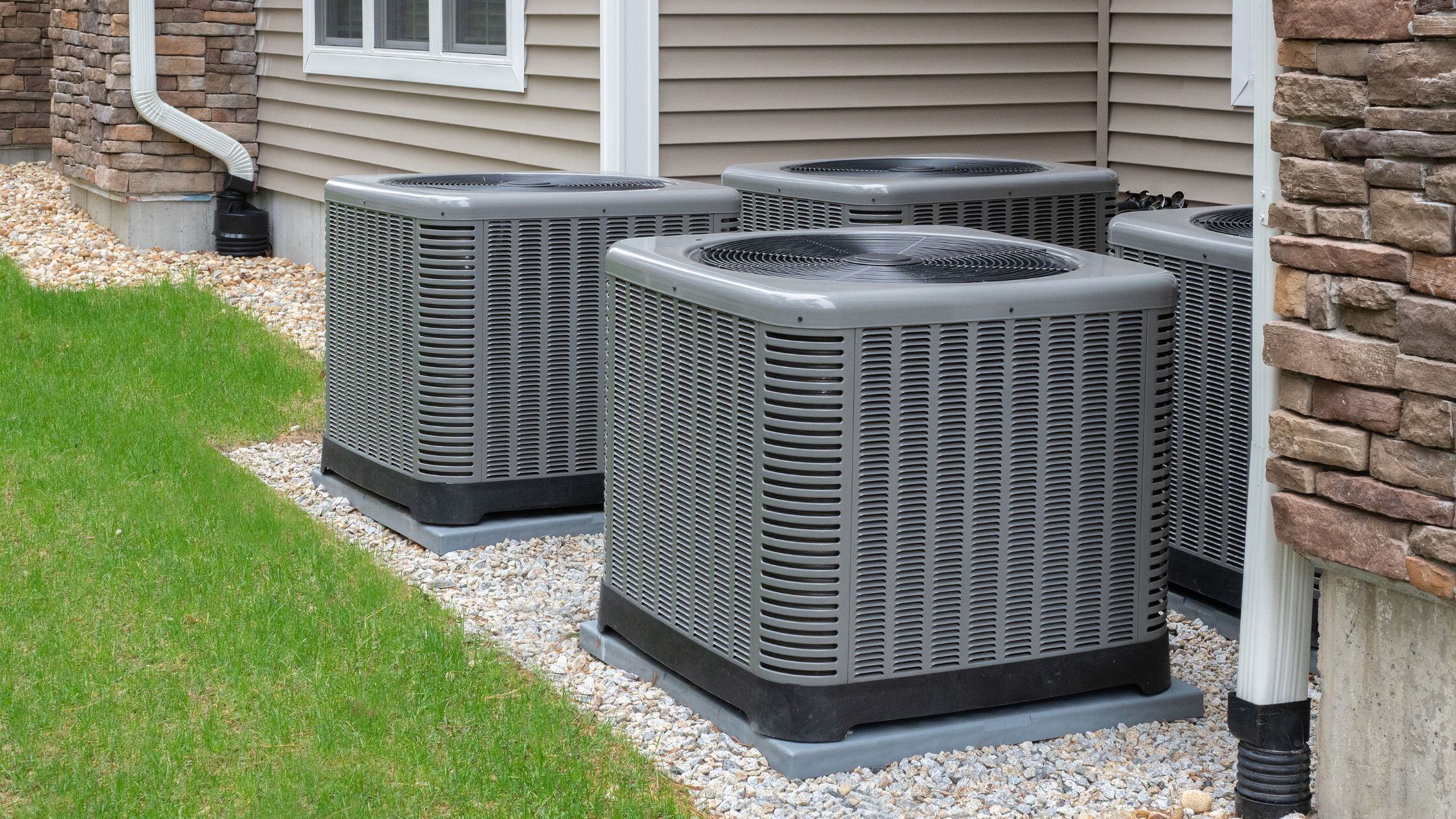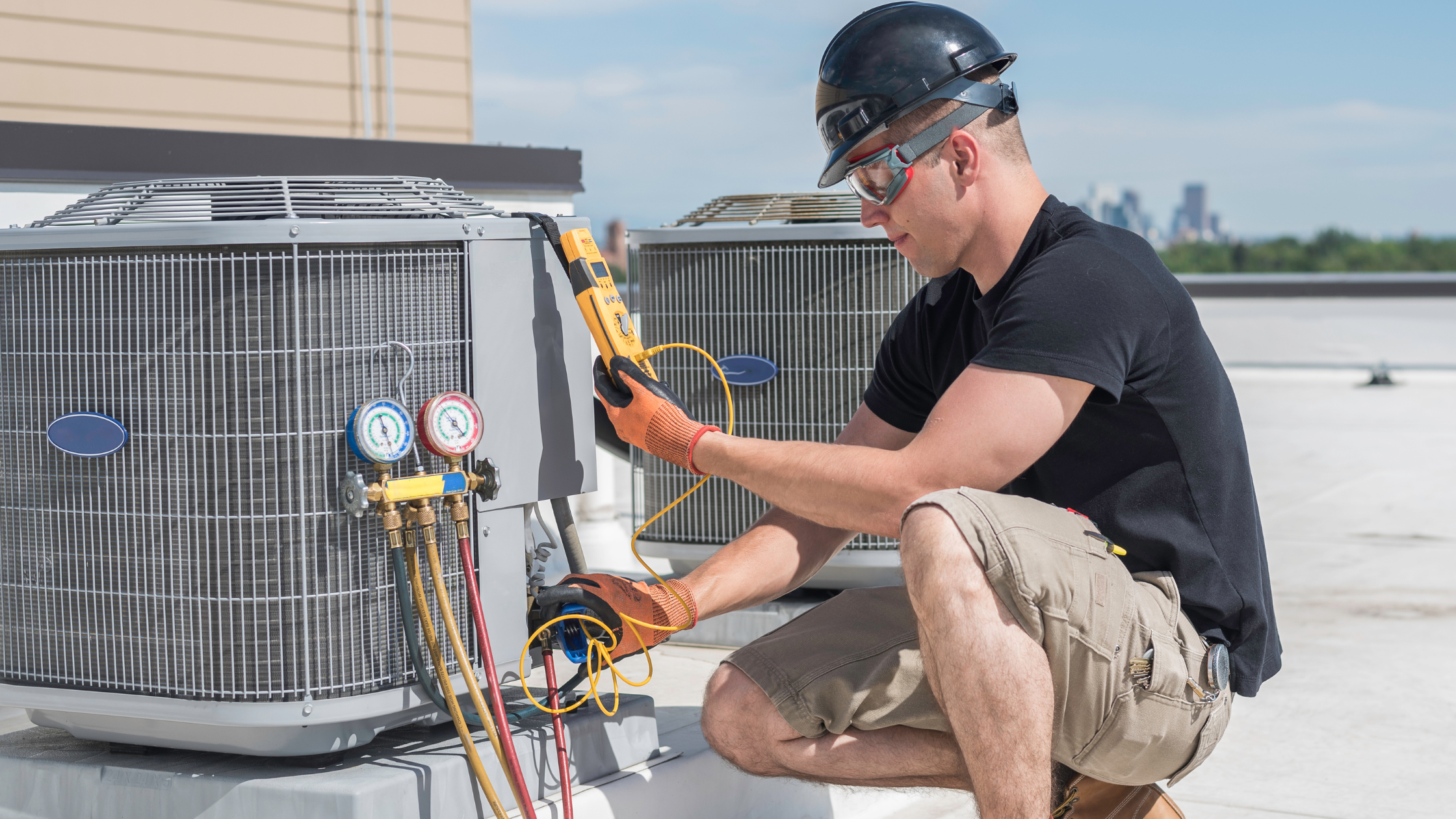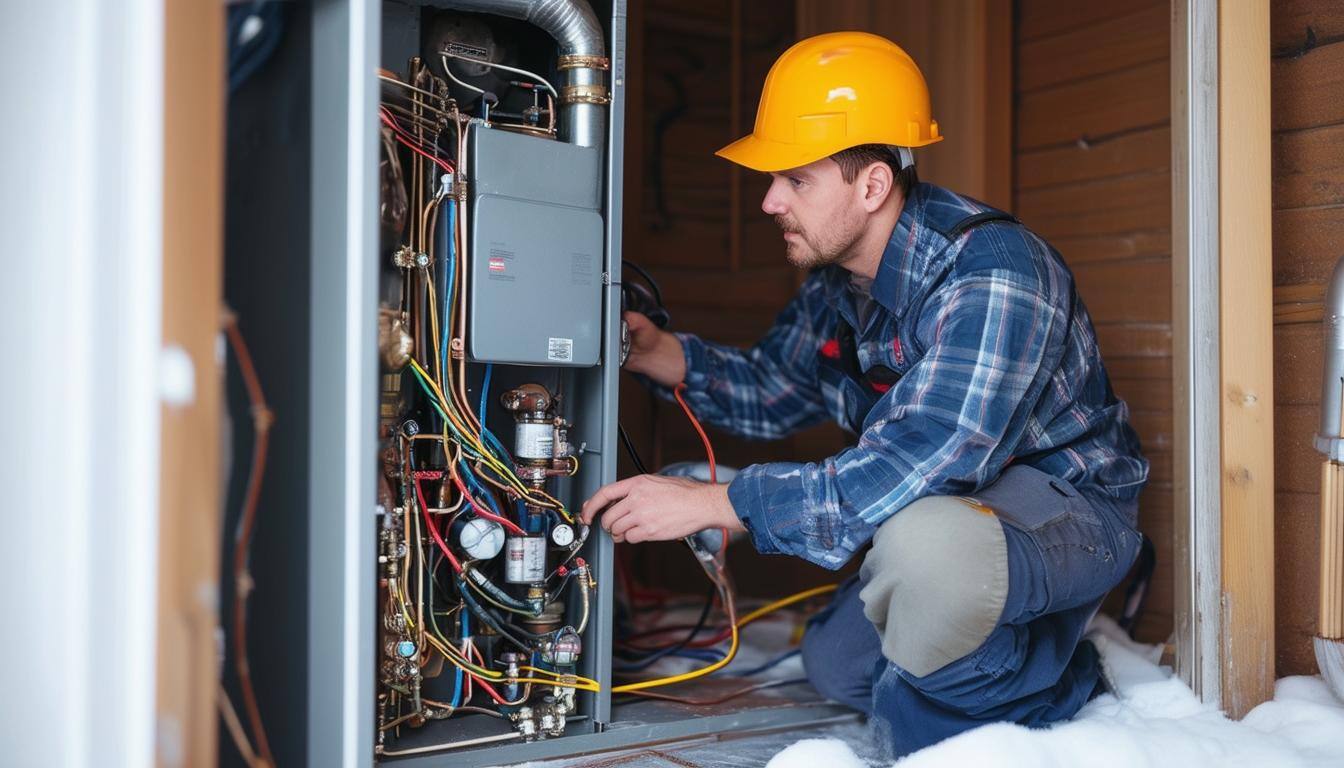AC Repair: Essential Tips for Efficient Performance and Longevity
Air conditioning systems are essential for maintaining comfort in your home, especially during hot months. When your AC unit fails, it can disrupt your daily routine and lead to frustration. Understanding how to recognize common AC issues can save you time and money on repairs.
Knowing what to look for can help you diagnose problems early and determine whether to repair or replace your system. Regular maintenance is key to preventing breakdowns and prolonging the life of your air conditioning unit. By learning the basics of your AC system, you can make informed decisions that ensure your home remains cool and comfortable, no matter the heat outside.
In this blog post, you will discover practical tips on diagnosing common issues, maintenance strategies, and insights on choosing the right repair service. You’ll gain the necessary knowledge to keep your air conditioning system running smoothly and efficiently.
Key Takeaways
- Recognizing common AC problems can help you address issues early.
- Regular maintenance is crucial for preventing costly repairs.
- Knowing your options can aid in choosing between repair and replacement.
Understanding the Basics of AC Systems
To effectively maintain or repair your air conditioning system, it's crucial to know its main components and how they function together. A clear understanding of these basics can help you identify potential issues and ensure better cooling efficiency.
Components of an AC System
An air conditioning system has several key components that work together to cool your indoor space:
- Compressor: Often called the heart of the system. It pumps refrigerant through the system and helps in heat transfer.
- Condenser: Located outside your home, it releases heat absorbed from indoors. The refrigerant changes from gas to liquid in this process.
- Evaporator: Found indoors, this component absorbs heat from the air inside your house—the refrigerant changes back into gas here.
- Thermostat: This device allows you to set and control the desired temperature in your space.
Understanding these parts helps you troubleshoot common issues.
How AC Systems Work
Air conditioning systems operate by transferring heat from your indoor environment to the outside:
- Heat Absorption: The evaporator receives warm air from your home and uses the refrigerant to absorb heat, making the air cooler.
- Compression: The compressor then takes the heated refrigerant and compresses it, increasing its temperature and pressure.
- Heat Release: The hot refrigerant moves to the condenser. Here, it releases heat to the outside air as it cools and turns back into a liquid.
- Cycle Continuation: The refrigerant returns to the evaporator to start the cycle again.
This process keeps your space comfortable during hot weather, balancing both cooling and heating as needed.
Common AC Problems and Diagnostics
Being aware of common AC problems and knowing how to diagnose them can save you time and money. Early detection is vital in preventing further damage to your system.
Recognizing Signs of Trouble
Several indicators can signal that your air conditioning system requires attention. Look for inconsistent cooling; for example, areas of your home may feel hotter than others. Unusual noises, like grinding or squealing, can also suggest issues with components.
- If you notice a strong odour, such as burning or mildew, it is time to act.
- Water pooling around your unit could indicate a refrigerant leak or drainage problem.
- Keep an eye on your electricity bill; a sudden spike may mean your AC is working inefficiently.
Diagnostic Tools and Techniques
To effectively diagnose AC problems, there are several tools and techniques you can use:
- Thermometer: Check the temperature of air coming from your vents. Compare this with the temperature outside to assess efficiency.
- Multimeter: Essential for checking electrical components. They can measure voltage and continuity, helping you identify electrical problems in the system.
- Manifold Gauges: Useful if you suspect issues with refrigerant levels. These gauges measure the pressure in the system, allowing you to identify leaks or other concerns.
Regular maintenance and inspections can help catch these issues early and keep your system running smoothly.
Ready to ensure your air conditioning system is in top shape? Contact us today for professional AC maintenance and repair services. Don't let the heat get you down—keep your home cool and comfortable all summer long!




